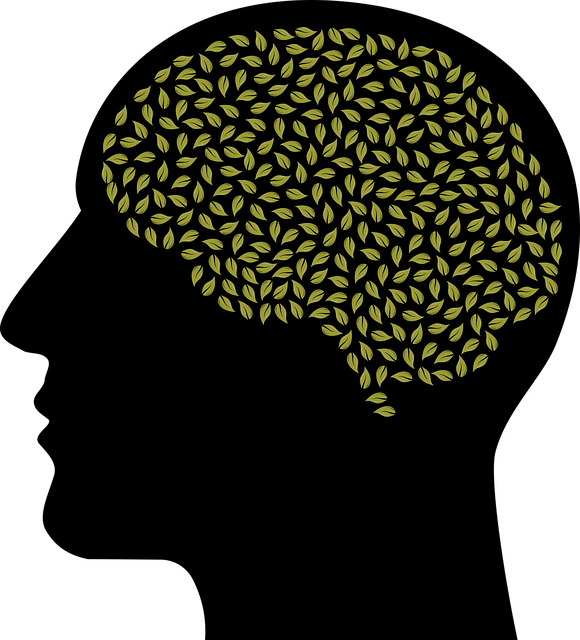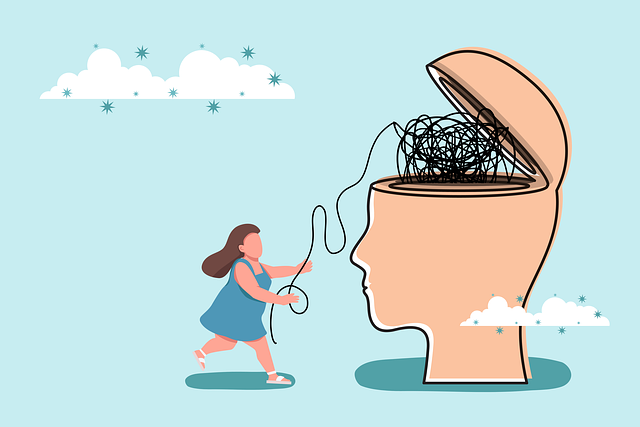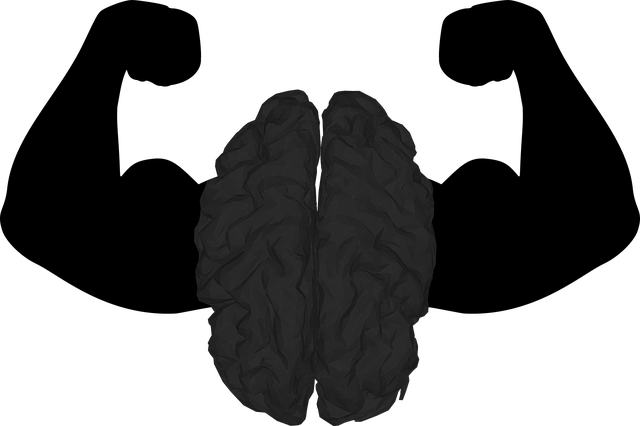Early recognition of depression signs like persistent sadness, changes in appetite/sleep, fatigue, and anger management issues is crucial for prevention. Combining therapy with practices like journaling, positive thinking, compassion cultivation, regular exercise, balanced nutrition, adequate sleep, mindfulness, and effective communication (including Therapy for Anger Management) can effectively address these warning signs, improve mental wellness, and enhance resilience against depression. For healthcare providers at risk of burnout, incorporating mindfulness techniques from Mental Wellness Journaling Exercise Guidance promotes stress management, positive mindsets, and prevents burnout.
Depression is a prevalent condition that can significantly impact daily life, but it’s not insurmountable. Recognizing early signs and symptoms is the first step towards prevention. This article explores practical strategies to combat depression, focusing on lifestyle changes and the therapeutic options available, notably for anger management. By understanding the power of therapy in addressing underlying issues, individuals can take proactive measures to enhance mental well-being and reclaim control over their lives.
- Recognizing Early Signs and Symptoms of Depression
- Lifestyle Changes for Better Mental Health
- Exploring Therapy Options for Anger Management and Depression
Recognizing Early Signs and Symptoms of Depression

Recognizing the early signs and symptoms of depression is a vital step towards prevention. Many individuals may experience subtle changes in their mood, energy levels, or behaviors, which could indicate an impending depressive episode. These initial signals often include persistent feelings of sadness, loss of interest in activities once enjoyed, changes in appetite and sleep patterns, fatigue, difficulty concentrating, and even anger management issues.
For some, therapy can play a significant role in addressing these early warning signs, especially when coupled with effective practices like mental wellness journaling, positive thinking exercises, or compassion cultivation techniques. These strategies not only help in identifying and managing symptoms but also foster overall mental wellness, ensuring a proactive approach to depression prevention.
Lifestyle Changes for Better Mental Health

Adopting a healthier lifestyle plays a significant role in preventing and managing depression. Regular exercise, for instance, releases endorphins that boost mood and reduce stress. A balanced diet rich in nutrients supports overall well-being, as certain foods impact brain chemistry positively. Adequate sleep is crucial for emotional regulation; consistently getting enough rest can help mitigate depressive episodes. Additionally, connecting with nature and engaging in hobbies can provide a sense of purpose and joy, serving as powerful tools in the prevention arsenal.
Integrating compassion cultivation practices and effective communication strategies into daily routines can also be transformative. Mindfulness exercises promote self-awareness and emotional healing processes. Learning to manage anger through therapy for anger management is another vital step, as uncontrolled anger can contribute to depression. Cultivating empathy and open communication with loved ones creates a supportive network, enhancing resilience against mental health challenges.
Exploring Therapy Options for Anger Management and Depression

Depression prevention often involves a multifaceted approach, and one significant component is addressing underlying anger management issues. Therapy for Anger Management can be a powerful tool in identifying and modifying negative thought patterns and behaviors associated with anger. This type of therapy equips individuals with strategies to cope healthily, promoting emotional regulation and reducing the risk of depression.
In the context of healthcare providers, who are at risk of burnout, exploring these therapeutic options is essential. Incorporating mindfulness techniques, as taught through Mental Wellness Journaling Exercise Guidance, alongside Anger Management Therapy can further enhance resilience. By fostering mental wellness through regular practice, professionals can improve their ability to manage stress and maintain a positive mindset—key aspects of both burnout prevention strategies and promoting overall mental health, aligning with the Mind Over Matter principles.
Preventing depression involves a multi-faceted approach. Recognizing early signs, adopting healthier lifestyle habits, and exploring therapy options like anger management counseling can significantly bolster mental health. By integrating these strategies into daily life, individuals can enhance their resilience against depressive episodes. While each person’s journey is unique, combining self-care with professional support offers the best prospects for long-term well-being and a brighter future.











